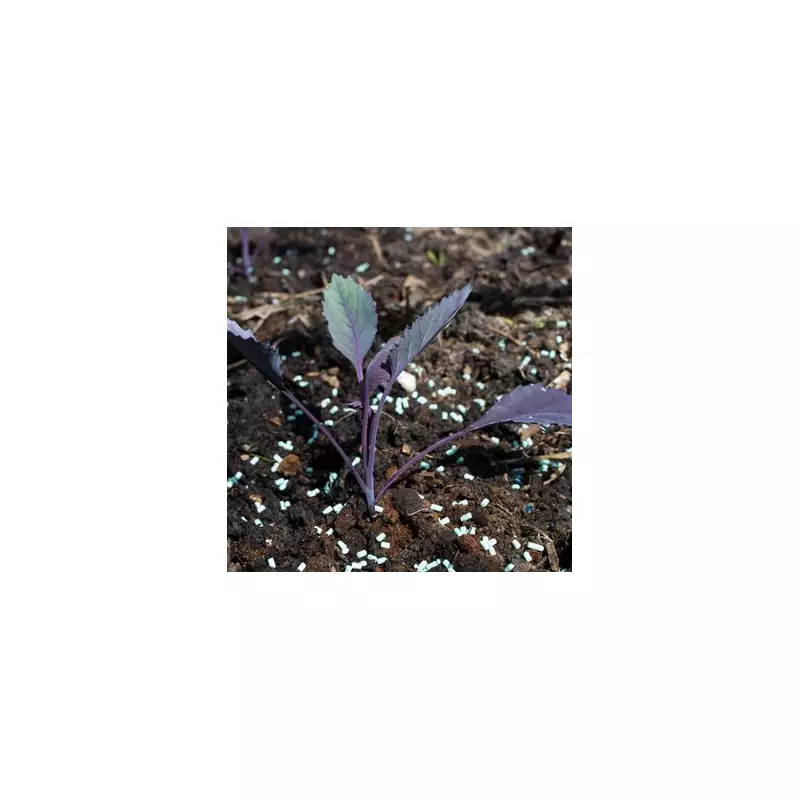
British gardeners are being issued with an urgent warning to immediately inspect their sheds, greenhouses, and garden structures for signs of a highly destructive invasive species. The Box Tree Moth, whose caterpillars can completely devastate prized garden plants, has entered its active season.
The alert comes from the Royal Horticultural Society (RHS) and gardening experts who have noted a dangerous rise in sightings. This pest poses an extreme threat to box plants, which are a cornerstone of traditional British garden design, found in everything from parterres and topiary to hedges.
What Makes This Pest So Dangerous?
The Box Tree Moth's caterpillars are the true culprits. They are insatiable feeders, capable of stripping a healthy box plant down to its stems in a remarkably short time. The damage isn't just cosmetic; a severe infestation will kill the plant outright.
These caterpillars are easily identified by their distinctive appearance: black heads, greenish-yellow bodies with thick black and thin white stripes running along their length.
Where to Look Right Now
Gardeners are advised to conduct a thorough check of their gardens, paying close attention to:
- The underside of box plant leaves for webbing and caterpillars.
- Inside garden sheds, greenhouses, and outbuildings, as the moths seek sheltered places to overwinter.
- Within the interior canopy of box plants for silken webbing, which the larvae spin for protection.
Taking Action: How to Protect Your Garden
If you discover these pests, it is crucial to act quickly to prevent a full-blown infestation.
- Non-Chemical Control: For light infestations, carefully pick off the caterpillars by hand. Pheromone traps are also highly effective for monitoring and catching adult male moths, disrupting their breeding cycle.
- Chemical Treatment: For more severe cases, an insecticide may be necessary. Experts recommend using a product containing Bacillus thuringiensis (Bt), which specifically targets caterpillars while being safer for other insects, pets, and wildlife.
Reporting sightings to the RHS is also encouraged to help experts track the spread of this invasive species across the UK and advise gardeners on the best countermeasures.
With gardening season in full swing, this early vigilance is the best defence for preserving the health and beauty of British gardens. Don't delay—inspect your garden today.





